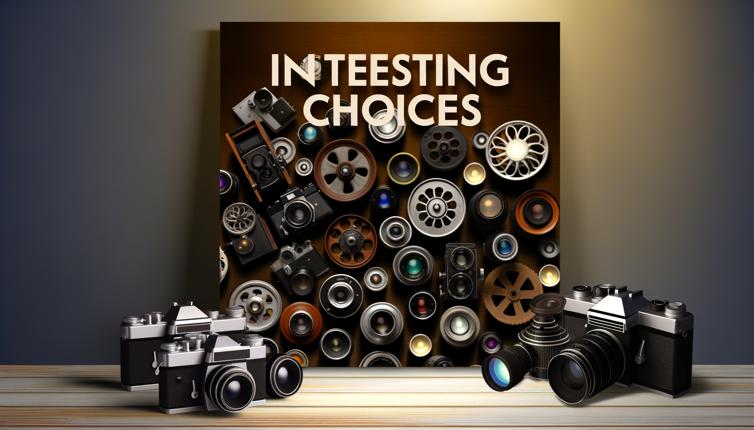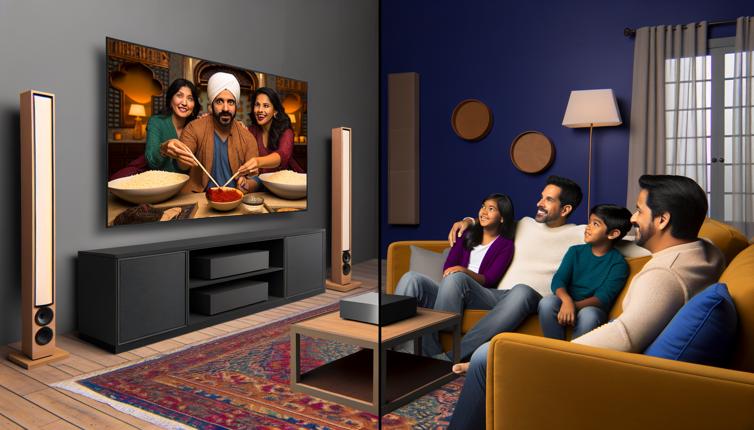Understanding Your Photography Needs
Before diving into the world of cameras, it's essential to understand your photography needs. Are you looking for a camera for casual use, or do you have professional aspirations? Do you plan to shoot landscapes, portraits, or fast-action sports? Knowing your requirements will help you narrow down your options.
Types of Cameras
There are several types of cameras available, each with its own advantages and suitability for different purposes. The main categories include:,- DSLR (Digital Single-Lens Reflex) cameras: Known for their versatility and image quality, DSLRs allow you to change lenses and have full manual control over settings.,- Mirrorless cameras: Compact and lightweight, these cameras offer high-quality images and interchangeable lenses, similar to DSLRs.,- Point-and-shoot cameras: These compact cameras are perfect for casual use and offer simplicity and convenience. They have fixed lenses and automatic settings.,- Action cameras: Designed for capturing action-packed moments, these cameras are small, rugged, and often waterproof.,- Smartphone cameras: The most accessible option, smartphone cameras have evolved significantly in recent years and can capture impressive photos and videos.
Important Features to Consider
When choosing a camera, it's crucial to consider the following features:,- Sensor size: Larger sensors generally produce higher image quality and perform better in low light.,- Megapixel count: While megapixels are not the sole determinant of image quality, cameras with higher megapixel counts offer more flexibility for cropping and printing larger images.,- Lens selection and compatibility: If you plan to expand your photography skills, ensure that the camera system has a wide range of lenses available for your desired genres.,- Image stabilization: This feature reduces camera shake and produces sharper photos, especially in low-light situations or when using long telephoto lenses.,- ISO range: A wider ISO range allows for better performance in low light.,- Autofocus system: For capturing fast-moving subjects, a camera with an advanced autofocus system is essential.,- Video capabilities: If you're interested in shooting videos, consider the camera's video resolution and frame rate capabilities.,- Connectivity options: Wi-Fi and Bluetooth connectivity make it easier to transfer photos wirelessly and control the camera remotely.,- Battery life: Depending on your shooting needs, a camera with long battery life may be important.,- Ergonomics and ease of use: Consider the camera's design, button layout, and menu system to ensure a comfortable shooting experience.,By evaluating these features, you can prioritize what matters most to you and make an informed decision.
Setting Your Budget
Cameras are available at various price points, so it's important to set a budget before making a purchase. Determine how much you're willing to spend and consider the additional costs of lenses, accessories, and storage.,Remember that investing in a camera is a long-term decision, and it's worth spending on a reliable and durable device that will serve you well in the years to come.
Researching and Comparing Cameras
Once you have a clear understanding of your needs and budget, it's time to research and compare different camera models. Read reviews, watch video comparisons, and visit camera stores to get hands-on experience with the cameras you're interested in.,Consider factors like image quality, user interface, ergonomics, and the availability of accessories and customer support. Narrow down your choices to a few options that tick all the boxes.
Seeking Expert Advice
If you're still unsure about which camera to choose, don't hesitate to seek advice from photography experts or professionals. They can provide valuable insights based on their experience and help you make an informed decision.,Attend photography workshops or join online communities to connect with other photographers who can share their recommendations and experiences with different camera systems.
Making Your Final Decision
After completing your research and seeking expert advice, it's time to make your final decision. Consider all the factors discussed in this article, trust your instincts, and choose the camera that aligns with your budget, needs, and personal preferences.,Remember, the camera is just a tool, and your skills and creativity are what truly bring your memories to life. Enjoy the journey of capturing and preserving your precious moments with your new camera.
Conclusion
Selecting the ideal camera for capturing your memories is a personal choice influenced by your photography needs, budget, and preferences. By understanding your needs, researching and comparing cameras, and seeking expert advice, you can make an informed decision that will allow you to capture and preserve your memories for years to come.









